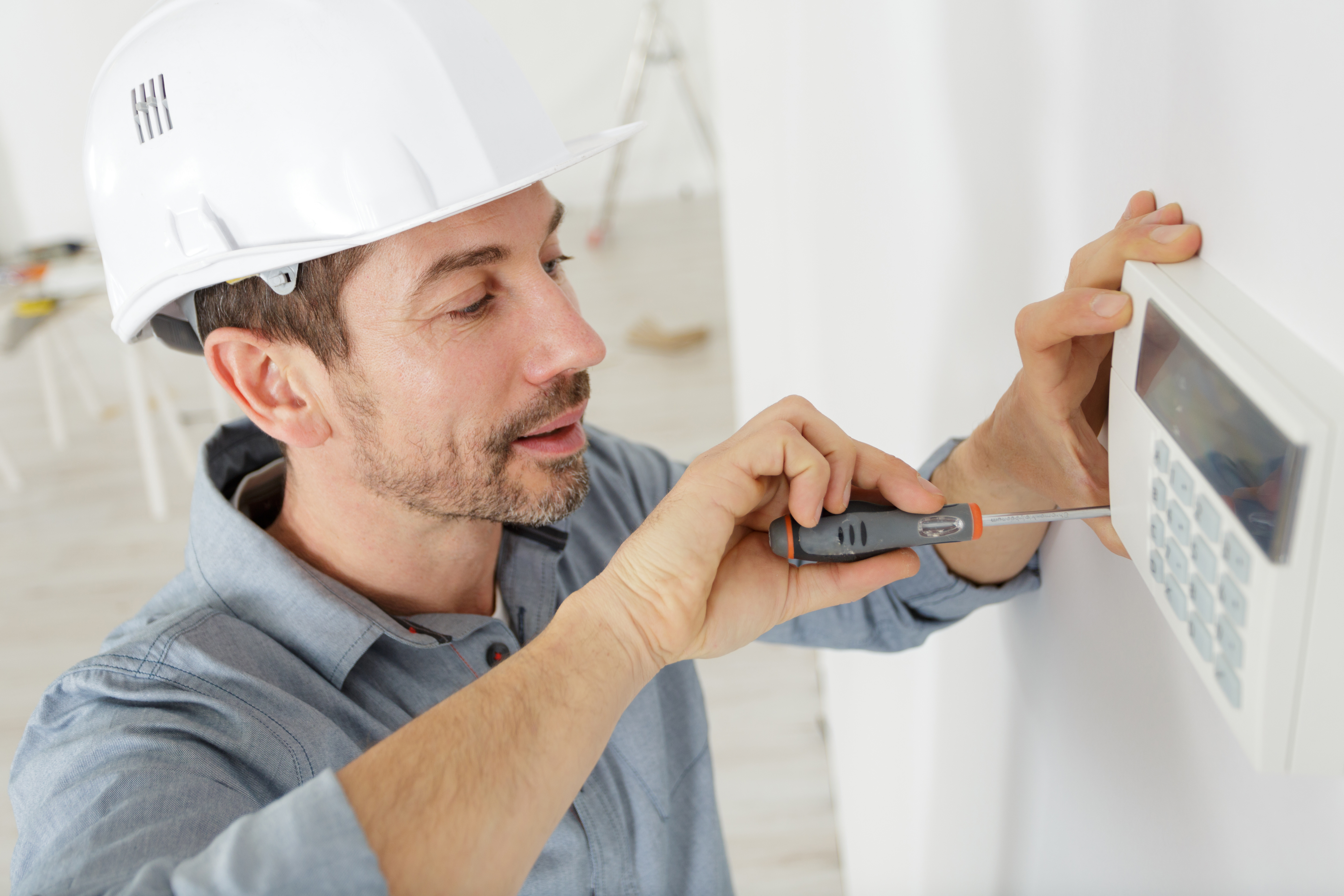As the seasons change, so does the temperature indoors and outdoors. While you can rely on spring’s refreshing coolness, you might not think otherwise as soon as summer sets in, especially if your location reaches unbearable heat levels. Then, right after that, fall comes in and cools everything down, only to douse you in the dreadful cold during winters.
Regardless of how effectively your architect designed your home, you can’t depend on insulated walls and floors alone to tide you through extreme temperature fluctuations all year round. Fortunately, you may consider using other home additions and appliances that’ll help regulate and maintain indoor temperature levels for maximum comfort. Among them are thermostats.

What Is A Thermostat?
Although thermostats don’t conduct heat the same way insulated flooring and walls do, they play a crucial role in the temperature monitoring of one’s household. Further, this device makes sure heating is distributed equally in every part of the house.
You can keep track of how a thermostat works by looking at the information presented via its display. Once programmed properly, it’ll perform a set of different actions to make sure indoor temperature rates are kept at an optimum state.
Risks Of Improperly Maintained Thermostat
Nonetheless, since it usually runs in the background, you might only notice your thermostat acting up during the worst of times, which may be a little too late. Because it functions to optimize temperature throughout the household, you may easily pick up when something’s wrong if you happen to be uncomfortable with the temperature despite several adjustments.
If that’s the case, a thermostat maintenance inspection is in order. Otherwise, some other issues you can experience include:
1.Malfunctioning Thermostat
Most equipment requires maintenance to function smoothly. Even those barely used with idle performance must be maintained at a strict regular schedule. So, you can probably imagine how dire this is for something as demanding as the heating system.
Anything working 24/7 on the coldest nights and the hottest days will get worn down. But this is expected from your heating system. Since it’s installed inside the house to keep track of the temperature, a malfunctioning thermostat can be a huge problem.
Because of its function, the thermostat can disturb your air conditioner when it turns on and off at random intervals. Not only will this affect the heating system, but it can also impact people’s comfort indoors. One of the reasons this happens is the blockages built up in the piping system. Due to these blockages, the air circulating through the system could leak out. Without proper circulation, the rest of the heating system will sustain damage over time.

2.Unoptimized Indoor Temperature
Since the thermostat works in the background, it remains out of the way from everyone living inside the house. Because of this, it doesn’t get the most attention. So, while it’s left on display, the thermostat’s likely to collect dust. Once that happens, the dirt will hinder its internal sensors from performing smoothly. And this damage manifests when the thermostat can’t read the temperature properly anymore.
Although this seems like a minor issue, bear in mind that this device is designed to maintain the house’s temperature. Since it’s unable to read anything accurately, it’s likely to adjust your temperature way beyond your comfort, especially if it’s smart technology. But if not, you might be puzzled over why its readings are blatantly inaccurate.
3.Reduced Indoor Quality
Although a thermostat’s primary purpose is to maintain indoor temperature, that doesn’t rule out the air quality. After all, with the constant airflow from outside coming in through the air conditioning system, pollen and dust might ruin the air quality. To top it off, dust gathers in places that often go unmoved for long periods.
While air filters are found inside your air conditioner, not cleaning them properly will make them likely to pile dust. And the longer the heating system runs, the more dust will clog up the air filters. This will, in turn, cause your air conditioning system to release less air and poor air quality. Remember that air particles can severely affect those with sensitive respiratory systems.
So, aside from the discomfort, improper thermostat maintenance can leave an impact on your health as well.
4.Rise In Energy Consumption
As mentioned earlier, even though it’s clogged with dust and dirt, the thermostat will continue to run as long as its inner workings aren’t affected. However, because of its irregular temperature optimization, you might find yourself demanding more from your thermostat before realizing the root of your problems. But once you got to the bottom of it, you’ve already doubled your usual electric bills.
This happens when you adjust your thermostat to the highest or lowest temperature just to keep you comfortable—hence, the electric bills.
Takeaway
Every year, temperature constantly changes with the seasons; one second, it’s cold, then warm the next. And depending on where you live, these changes can be a source of discomfort, both physically and financially. Therefore, having a heating system and thermostat will come in handy. But since they’re easily overlooked, maintaining them might slip your mind. As such, you’ll be exposing yourself to risks that might affect you physically and financially. It is thus proper to have your thermostat regularly checked to avoid these risks.

